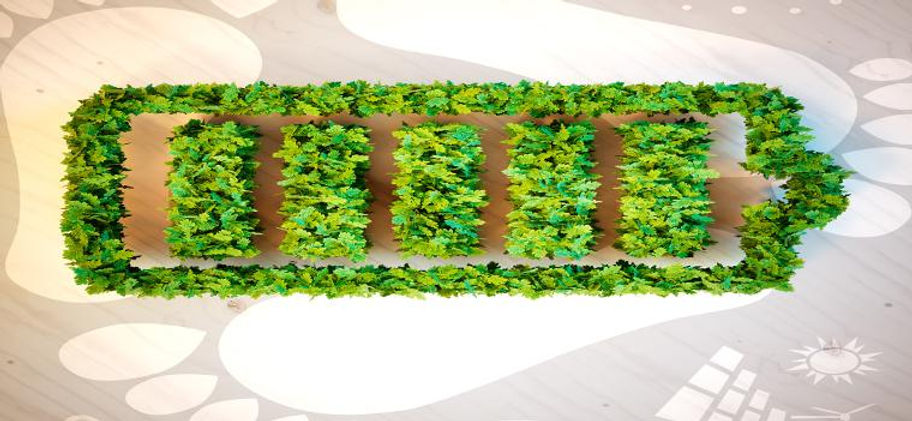top of page

OUR IMPACT
How can we effectively satisfy the rising demand for storing electricity while protecting the global environment and providing sustainable solutions for the mining affected people in poorest countries?
TRADITIONAL EV-BATTERY VALUE CHAIN
Redefining the Way
We Produce
The actual value chain for industrial scale batteries (e.g. electric vehicles) follows a traditional approach and is linear.
A lot of money has been invested to elaborate recycling technologies for such discarded batteries and already some companies have been established. Anyhow, “What is becoming more and more clear is that the biggest challenge for second life is neither the quality of the batteries (which normally is fine), nor to find suitable applications. It’s to make sure batteries are coming back.”

THE NEW WAY WE PRODUCE
Implementing the Circular Economy
By governmental regulations, LIB-manufacturers and OEMs are enforced to take back discarded battery packs and need to report on this for compliancy reasons. Hence, akksel™ implements the circular economy for discarded industrial scale batteries and addresses the stakeholders as clients with our platform to organize their reverse logistics.

UNCTAD, warns that the raw materials used in electric car batteries, are highly concentrated in a small number of countries, which raises a number of concerns.

For example, two-thirds of all cobalt production happens in the Democratic Republic of the Congo (DRC). According the UN Children’s Fund, about 20% of cobalt supplied from the DRC comes from artisanal mines, where human rights abuses have been reported, and up to 40,000 children work in extremely dangerous conditions in the mines for meagre income.
In Chile, lithium mining uses nearly 65% of the water in the country's Salar de Atamaca region, one of the driest desert areas in the world, to pump out brines from drilled wells. This has forced local quinoa farmers and llama herders to migrate and abandon ancestral settlements. It has also contributed to environment degradation, landscape damage and soil contamination, groundwater depletion and pollution.


By establishing the circular economy, we help reducing hazardous/toxic waste and even reduce the carbon footprint: to produce batteries with original raw materials, 14.7kg CO2 are generated per battery-kg; using recycled raw materials this CO2-output is reduced by -2,5kg CO2 to 12.2kg CO2.
Now, we’re in quandary! On the other hand, by reducing the need for mining, an important income source for underprivileged people fades away and additionally, they are left with polluted soils and toxic groundwater for the sake of the industrial world decarbonization.
akksel™ sees its mission in supporting the affected miners/farmers to overcome this burden and give them a perspective for a healthier and sustainable life by supporting development projects to provide alternative income sources, education and raising work safety. We’re not the experts when it comes to provide tailored development projects. Anyhow, they are out there and are called “NGO” and even governmental institutions.
We will approach them as our key partners to identify matching projects, whereas they act as channel to reach the beneficiaries too.


THEORY OF CHANGE
Following the Triple-Bottom Line Business Model
Instituting such a triple-bottom line costs a lot, mainly labor to develop the platform and to finance the development projects. Therefore, our business model follows the idea of hybrid financing when it comes to revenue streams. Primarily, during the start-up phase we need some subsidies to establish the circular economy. As soon as we got revenues from our platform through license fees and transaction cuts to cover our costs, we can then invest the profit to finance development projects. Currently, we’re looking for impact investment sources.
bottom of page
